It wasn’t long ago that the GDPR swept through and changed the face of privacy laws and marketing strategies. On its heels is something else that stands to rewrite how we market, and will ensure we’re compliant or face penalties. We’re here to help you navigate these infested waters.
What is Article 13
Article 13 has received more press than Article 11, because its loudest supporters happen to be YouTube stars and influencers whose work will need to drastically change in some cases to remain compliant. Article 13 is referred to as the “meme ban” article, aimed at stopping the spread of copyrighted material across the internet without fees being paid to the creator. The reason it’s being hailed as the “meme ban” article is because, of all the digitally shared content out there, nothing overshares original material more than the meme.
This affects some YouTubers because they stream content from a game, or they use original works in their tribute material which could be songs, or artwork. It intends to ensure the futures of musicians, creators, artists and more out there whose work gets stolen constantly, leaving them unable to continue their craft because people stop being willing to pay when it’s easily free elsewhere. (article 13 explained)
What is Article 11?
Article 11 is the quieter of the two to have passed, and it’s been coined the “link tax” article. This one intends to impose a fee for the use of a link within an article which redirects someone elsewhere. It imposes a penalty nearly, for linking to more powerful content in terms of authority. It is aimed at news aggregator sites like Google’s News section, to pay a fee to the news sites it is sharing on its site, simply for hosting the article, or a portion of their article. This intends to keep the news business running as well, by imposing fees on anyone who hopes to share their content on their site – but people will go elsewhere and it’s doubtful that people will be happy to pay simply to embed a link which is helpful to the content of the story. –Time will tell.
Detractors
Not that it matters, since it passed – but plenty of people truly detest this and their reasons include harming: freedom of speech, expression, education, and small businesses… (read more) but it’s certainly not limited to that. People fear that this sort of legislation passing is a sign of worse things to come. If we let this happen, what is next?
The internet is a free space where endless information exists, but access to that information has never been a free gift. Whether it is paying for the internet service provider itself, or having to subscribe to a site to view its content, there are plenty of pay-walls online. There must be the ability to make money from the site for it to continue running, which is why despite how much everyone hates banner ads, or any ads, they’re on nearly every site. While this may take away some perceived freedoms from the detractor camp, it ensures that creators and original news sites get what is fairly theirs for sharing their creations be they art or news stories.
How it Matters to Marketers
The link tax is a big problem for marketers who are looking to link authority-driven posts within their articles, and it shouldn’t matter to the original poster because your own use of their link makes theirs stronger right? …Not anymore.
If you want to share a link from one of your favorite sites, eventually they may be able to charge you for using their news within your posts. It could become quite expensive, and will definitely change how marketers need to write their material and sell to others. The upload filter in Article 13 really isn’t as terrible for marketers as the other, but it does mean that meme sharing is done. If humor is part of your marketing plan, or you’re using any imagery that is not absolutely, 100% NOTED free to use, then it’s going to hurt. Companies that produce their own original content will have the edge over those who have skated by sharing others content.
Article 11 (page 54)
Article 13 (page 56)

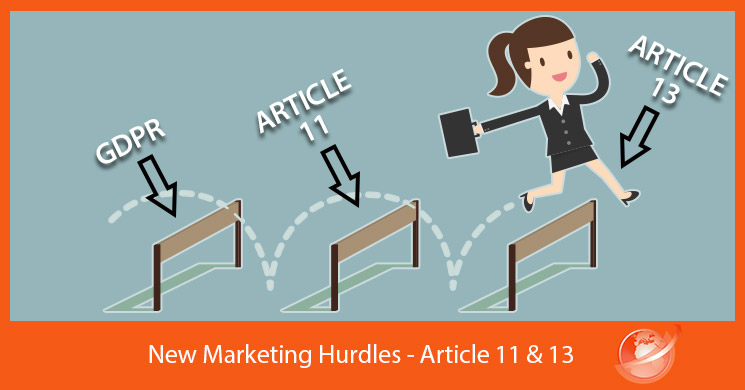
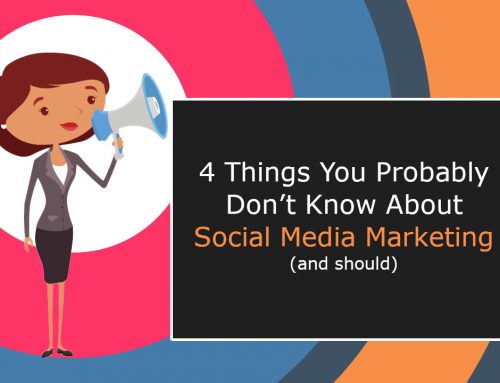
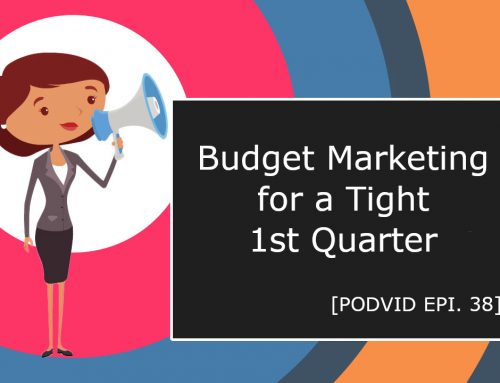
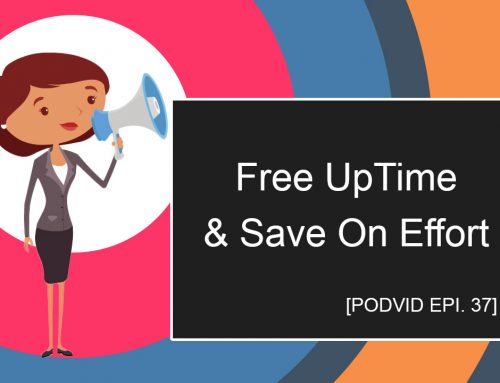
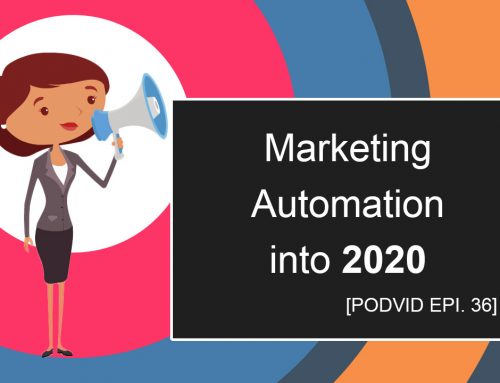
![Do you know BERT? [Google SEO]](https://magiwebsa.com/wp-content/uploads/2019/11/podvid-epi35-cover-500x383.jpg)